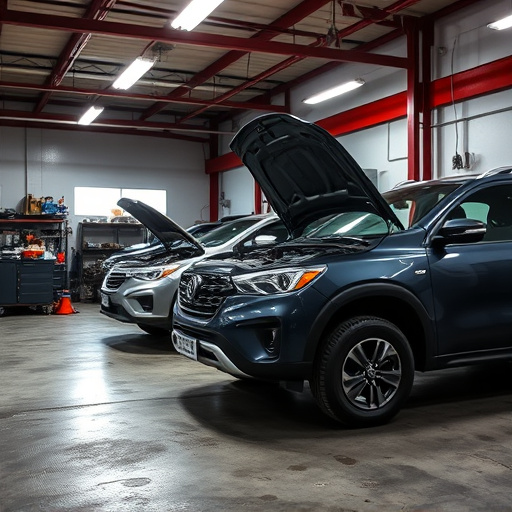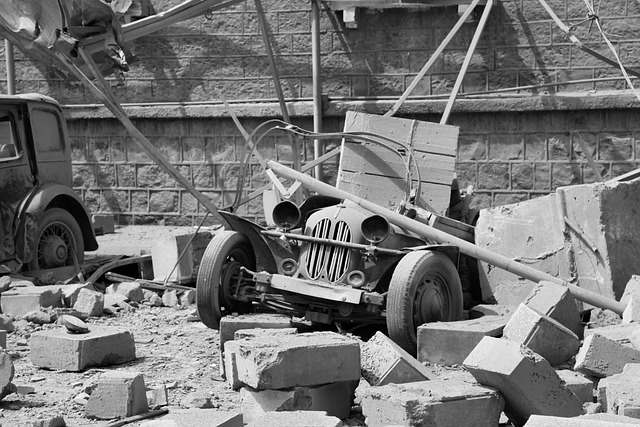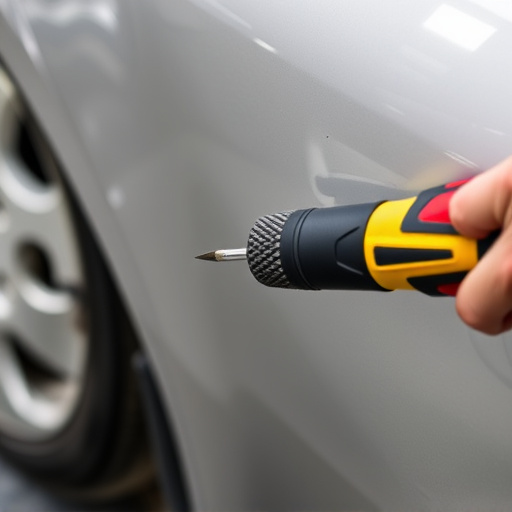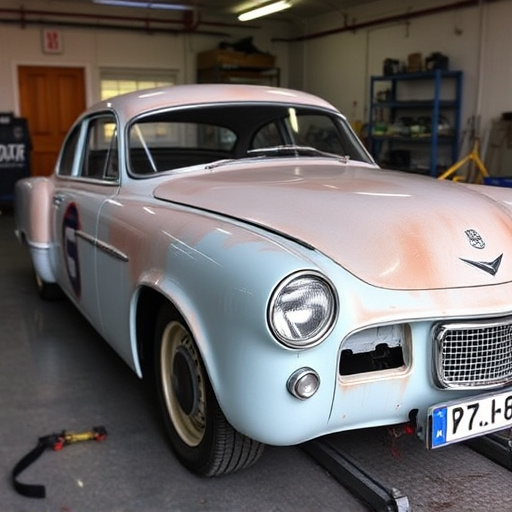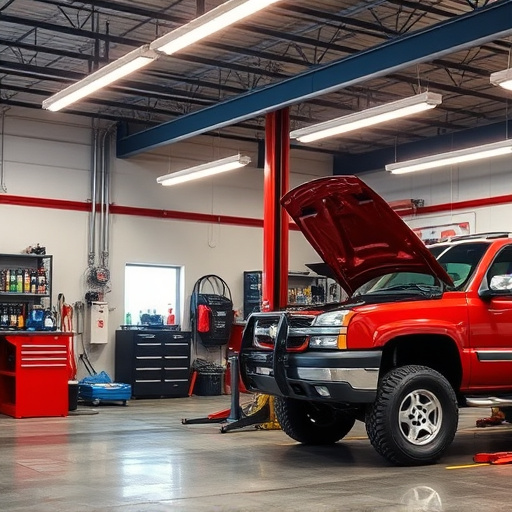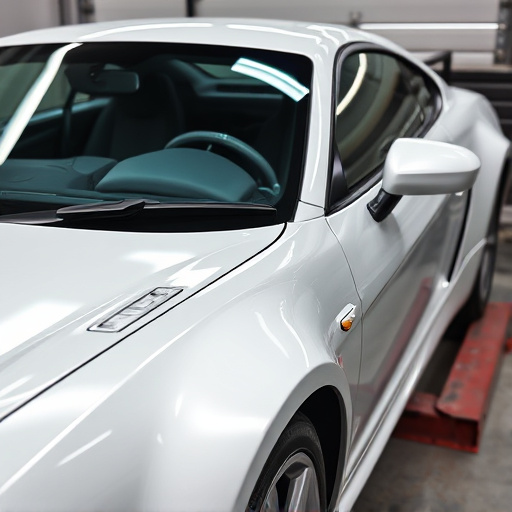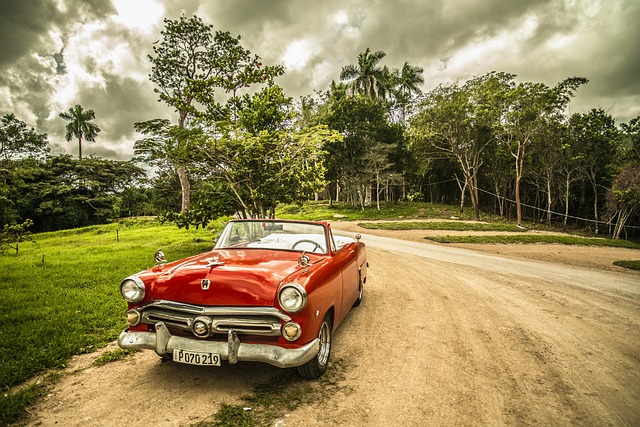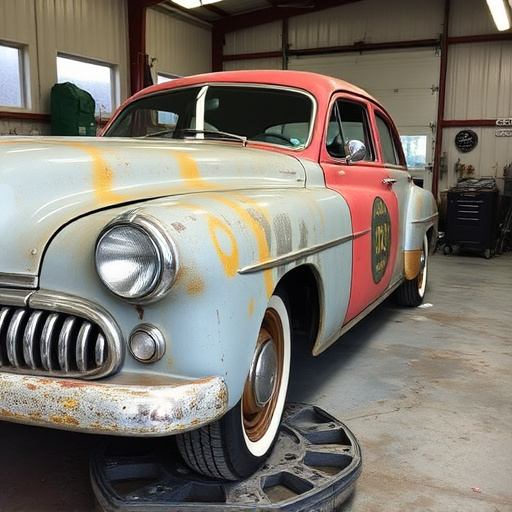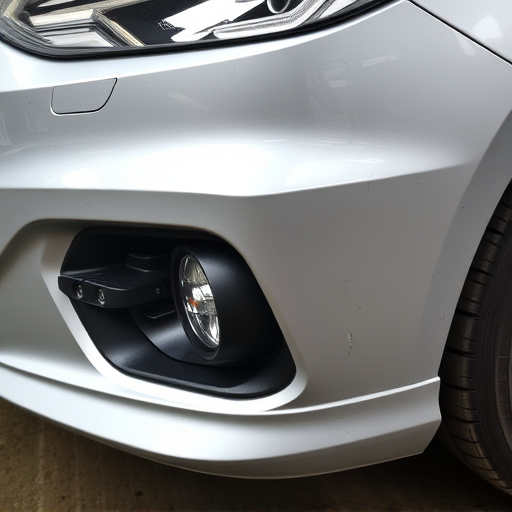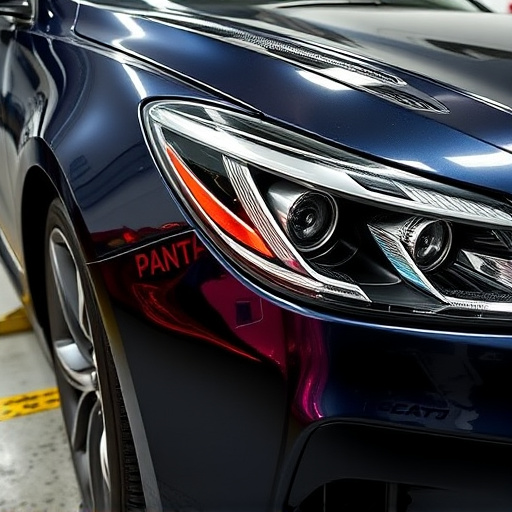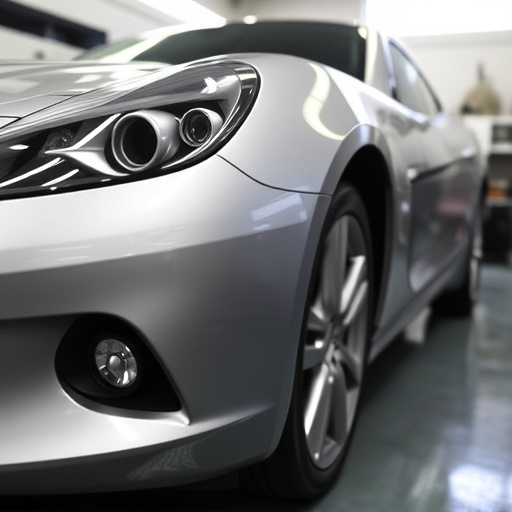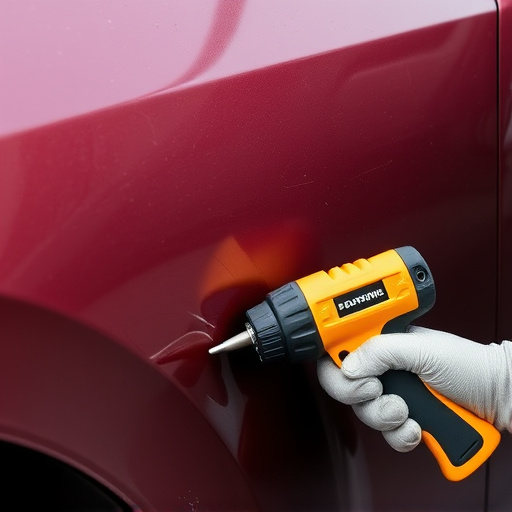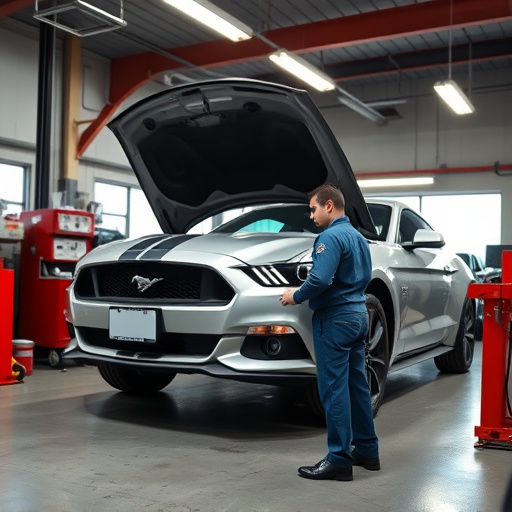Glass setting materials, like epoxy resin and polyurethane, are essential for outdoor applications, providing UV resistance and weather protection. These compounds prevent fading, cracking, corrosion, and degradation in challenging environments, ideal for automotive components, architectural glass, and various sectors, ensuring longevity and durability.
“In the realm of glass setting, understanding UV and weather resistance is paramount for durable outdoor installations. This article explores the critical role these protective properties play in preserving glass structures. We delve into common glass setting materials, their inherent protective attributes against ultraviolet (UV) radiation and environmental factors, and how to select the optimal material for enhanced outdoor durability. By examining these aspects, you’ll gain valuable insights for successful long-term glass applications.”
- Understanding UV and Weather Resistance in Glass Setting Materials
- Common Glass Setting Materials and Their Protective Properties
- Enhancing Durability: Choosing the Right Glass Setting for Outdoor Applications
Understanding UV and Weather Resistance in Glass Setting Materials
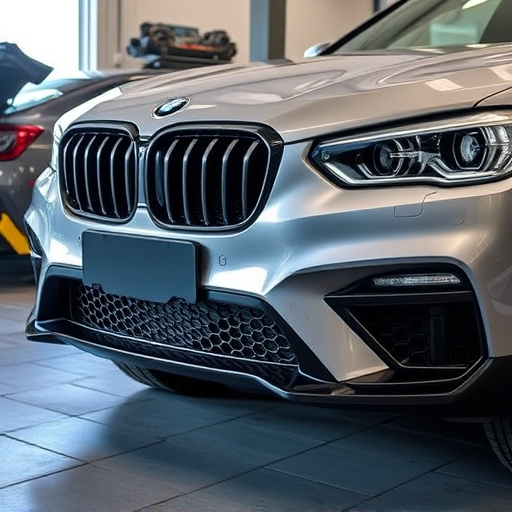
Understanding UV and Weather Resistance in Glass Setting Materials
Glass setting materials play a critical role in enhancing the durability and longevity of automotive components, such as fender repairs at auto collision centers or collision repair centers. In the harsh outdoor environment, glass is exposed to ultraviolet (UV) radiation from the sun and various weather conditions, including rain, snow, and extreme temperatures. UV resistance refers to the material’s ability to protect the glass from the damaging effects of UV rays, which can lead to fading, cracking, or even degradation over time. Weather resistance ensures that the glass setting materials can withstand adverse atmospheric conditions without compromising structural integrity.
For effective protection, modern glass setting adhesives and sealants are formulated with specialized additives that absorb or reflect UV radiation, preventing its penetration into the glass structure. These advanced materials also exhibit superior weatherability, using resilient polymers and resins that resist weathering and chemical degradation. This is particularly crucial for fender repair and other collision repairs, where glass setting materials must not only restore structural integrity but also maintain aesthetics and protect against future damage from environmental factors.
Common Glass Setting Materials and Their Protective Properties
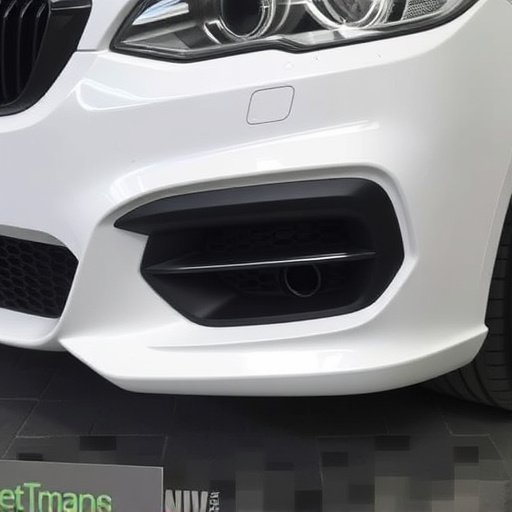
Common glass setting materials play a crucial role in enhancing the durability and longevity of various applications, including vehicle paint repair and car body restoration. These materials are designed to provide protection against environmental factors such as ultraviolet (UV) radiation and harsh weather conditions. One of the most widely used glass setting agents is epoxy resin, known for its exceptional adhesive properties and ability to form a robust bond with glass surfaces. Epoxy resins offer excellent UV resistance, preventing the degradation of the material due to prolonged exposure to sunlight.
Another commonly used glass setting material is polyurethane, which provides superior weatherability and flexibility. Polyurethane coatings create an effective barrier against moisture, salts, and other corrosive substances often found in outdoor environments. This makes it particularly useful in auto body services for restoring vehicles exposed to diverse climatic conditions. Additionally, these materials can be formulated to meet specific requirements, ensuring optimal performance in applications ranging from architectural glass installations to automotive components.
Enhancing Durability: Choosing the Right Glass Setting for Outdoor Applications
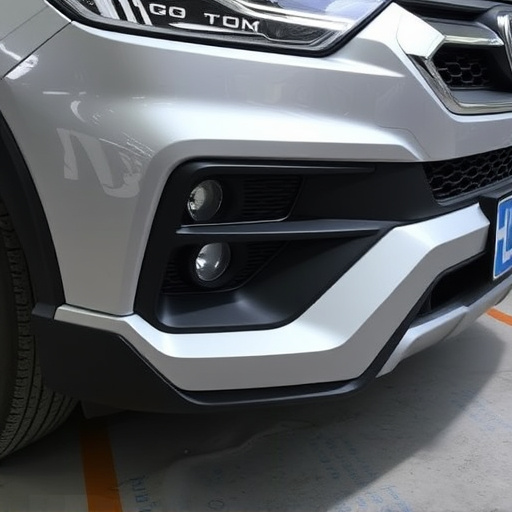
When it comes to outdoor applications, choosing the right glass setting material is paramount for ensuring durability and longevity. In environments exposed to UV radiation and varying weather conditions, traditional materials may degrade or become brittle over time. Modern glass setting compounds offer enhanced resistance to these elements, making them ideal for exterior projects such as windows, screens, and even automotive repairs like auto body repair and collision damage repair.
These advanced glass setting materials incorporate specialized additives that absorb or reflect UV rays, preventing the fading or cracking of the glass. Additionally, they possess superior weatherability, resisting corrosion and degradation caused by moisture, heat, and cold. For instance, when repairing or replacing car dents, using a high-quality glass setting compound can ensure not just effective car dent removal but also long-lasting protection against environmental damage.
Glass setting materials that offer superior UV and weather resistance are essential for outdoor applications, ensuring longevity and aesthetics. By understanding the unique protective properties of different materials and making informed choices, you can create durable and visually appealing glass settings that withstand the test of time and harsh environmental conditions. These advancements in glass setting technologies are truly revolutionizing outdoor design and construction.
